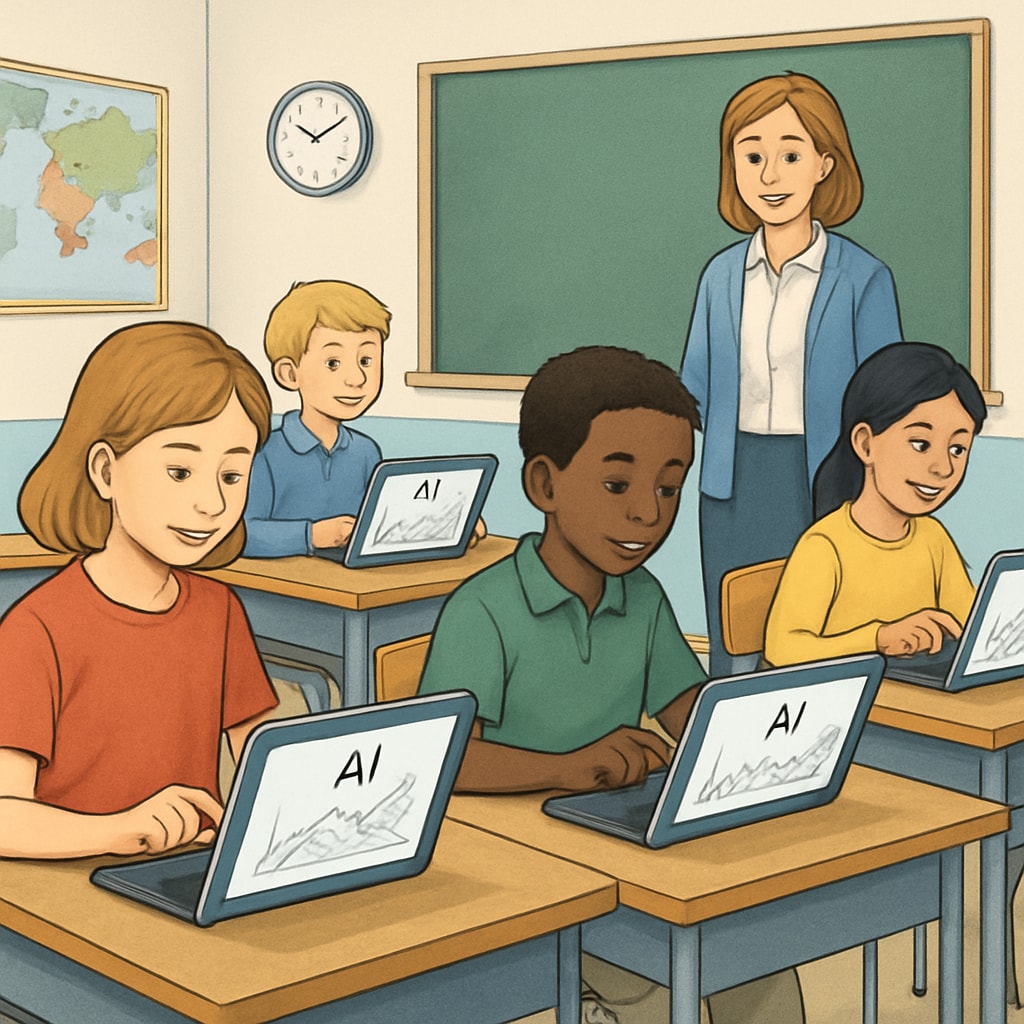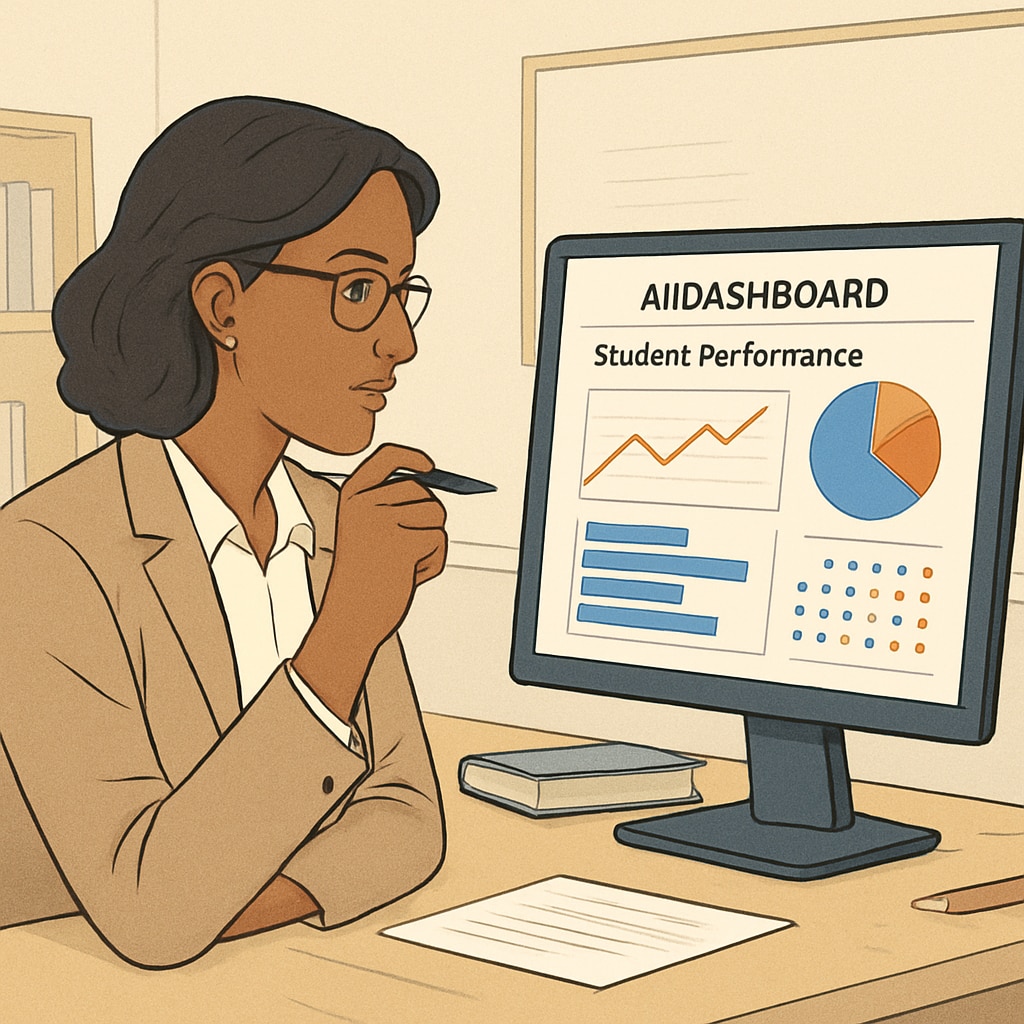Artificial intelligence (AI) is rapidly transforming education, and its impact on K12 classrooms is expected to be profound over the next decade. From personalized learning to redefining teacher roles and assessment methods, AI promises a revolutionary shift in how schools educate the next generation. As a result, educators must prepare for this inevitable transformation and adapt to ensure positive outcomes.
Personalized Learning: Tailored Education for Every Student
One of the most significant impacts of AI in education lies in its ability to enable personalized learning. AI can analyze vast amounts of student data—including learning preferences, progress, and challenges—to create customized lesson plans and resources. This ensures that each student receives instruction tailored to their unique needs, fostering better engagement and understanding.
For example, AI-powered platforms like Khan Academy have already started using machine learning algorithms to guide students through adaptive learning paths based on their individual pace and mastery levels. As AI evolves, these systems will become even more precise, offering real-time feedback and recommendations to both students and educators.

Redefining the Role of Teachers
AI is not replacing teachers but rather transforming their roles. Instead of spending time on repetitive tasks like grading or administrative work, teachers can focus on fostering creativity, critical thinking, and emotional intelligence in students. AI tools can act as assistants, automatically grading assignments, tracking attendance, and providing insights into student performance trends.
Moreover, AI can help teachers identify areas where students struggle and offer targeted interventions. Teachers can use this data to refine their teaching strategies, ensuring no student is left behind. Platforms like Britannica highlight how AI can support educators in addressing the diverse needs of their classrooms.

Transforming Assessment Methods
Traditional assessment methods often fail to capture the full spectrum of a student’s abilities. AI-driven assessments can evaluate not only academic knowledge but also critical thinking, problem-solving, and collaboration skills. For instance, AI can analyze written essays for deeper insights into a student’s thought process or use simulations to assess practical skills.
Additionally, AI can help eliminate biases in grading by applying consistent evaluation criteria. Automated assessments ensure fairness and accuracy, giving students a clearer understanding of their strengths and areas for improvement. This shift will encourage schools to move beyond standardized testing toward more holistic approaches to evaluating student success.
Preparing Educators for the AI Revolution
While AI offers immense potential, its integration into education requires careful planning and training. Educators must be equipped with the knowledge and tools to effectively use AI systems. Professional development programs focusing on digital literacy and AI applications will be crucial in bridging the gap between traditional and technology-driven education.
Furthermore, schools must address ethical concerns, such as data privacy and algorithm bias, to ensure that AI implementation aligns with educational values. Collaborative efforts between policymakers, tech companies, and educators will be essential for creating a sustainable AI-powered education system.
Conclusion: AI is poised to reshape K12 education in ways that were once unimaginable. By enabling personalized learning, redefining teacher roles, and revolutionizing assessment methods, AI offers the potential to create more inclusive and effective classrooms. However, the success of this transformation depends on educators’ willingness to embrace and adapt to these changes. As a result, proactive preparation and collaboration will be key to ensuring a brighter future for education.


